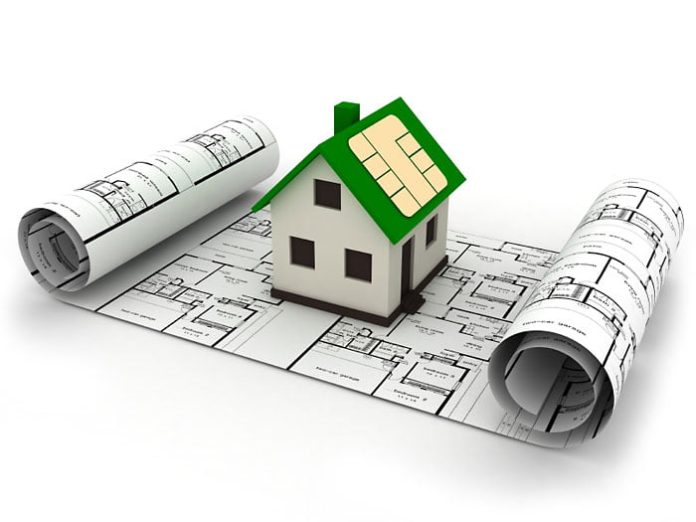OUR electronic security industry has been a source of great entertainment from the perspective of technological leaps and bounds over the last couple of years. Nothing is going to change, if recent events are anything to go by.
If you thought video surveillance had dropped anchor at 1080p, you thought wrong. At ISC it was all 4K from quality makers and in the case of Avigilon, it was about 7K. And with all this talk of high resolution in the air, video compression is about to become the most important word on everyone’s lips.
Home automation was another key area of heat at ISC West, with stacks of new gear and plenty of talk about the potential of the low end of the home automation market – that means turbo-charged alarm panels optioned to handle the necessary inputs and outputs to take commands and drive external devices. Such is the focus on home automation it’s impossible not to believe solutions like ZeroWire and Risco et al, won’t become standard fare in the home security market.
There’s another driver too, and it’s not only Telstra, which has reportedly now chosen the platform it intends to employ in its cloud-based home security application. It’s someone much bigger – Google. When a company with 45,000 staff, and a market capitalisation of just under $US400 billion has your industry in its sights, you have to take things seriously.
That’s why it’s worth paying attention to the fact Google recently published a patent it bought last year titled ‘Security Scoring in a Smart-Sensored Home’. The patent relates to security ‘scores’ to audibly alert customers if they are correctly using their security systems.
In addition to a number of smart home features, the Google patent details its Smart Doorknob and Smart Doorbell, the former of which includes a remote-controlled lock. The doorbell recognizes the person at the door, communicates information via registered mobile device and then allows them to remotely unlock the door.
Google’s patent outlines a process by which if an occupant receives a notice from their smart doorbell that a trusted person is approaching, they can use a mobile device or audible command to unlock the door. Google’s patent also includes Smart Entry Detectors for windows and doors. These detectors will send alerts through wireless communications such as ZigBee when windows or doors are open and broken.
But there’s more. Google’s patent allows for data sharing between neighbours so that if a burglary takes place across the street, protected houses’ external lights will come on and locks will engage. Last year, after Google's acquisition of Nest Labs, SEN observed that it was unlikely Google would enter the traditional alarm monitoring space. We might be wrong.
Exactly what this is going to mean for traditional security providers is a little difficult to tell. Most the security technology we’ve seen from telcos has been fairly ordinary and built to a price point that incorporates a far too healthy profit margin. But no matter what Google does, it’s likely to fuel a welter of competition and imitation – and it will be IP-based from top to toe.♦
By John Adams











